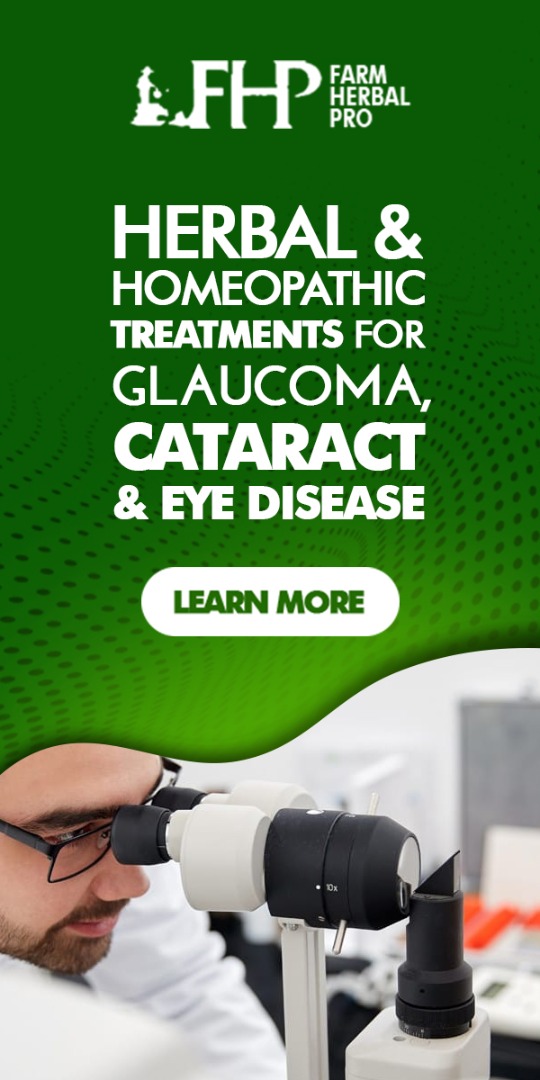What Is Adenoid Hypertrophy?
Adenoid hypertrophy (or enlarged adenoids) is the unusual enlargement of the adenoid tonsil. Adenoid hypertrophy is a childhood disease, and this health challenge is common in children in age group less than 1 year to 6 years. The enlargement of the tissue can be either due to bacterial infection or physiological reason.
What Are Adenoids/Enlarged adenoids?
The adenoid, also known as a pharyngeal tonsil or nasopharyngeal tonsil; it is a mass of lymphatic tissue located behind the nasal cavity, in the roof of the nasopharynx, where the nose blends into the throat. You can’t see them by looking in someone’s mouth.
Adenoids do important work as infection fighters for babies and young children. But they become less important as a child gets older and the body develops other ways to fight germs. In kids, adenoids usually begin to shrink after about 5 years or so, and then fades away (atrophies) by late childhood – generally by the age of 7 years. It is rarely seen in adults.
As it has been mentioned above, adenoids are a part of the immune system and help the human body fight against infection that come through our mouth or nose. Adenoids enlarge due to infection but normalize after the infection subsides. However, if they remain enlarged even after the infection has gone, it may create problems. If this happens a lot, a doctor might recommend they be removed. Often, tonsils and adenoids are surgically removed at the same time.
An enlarged adenoid, or adenoid hypertrophy, can become nearly the size of a ping pong ball and completely block airflow through the nasal passages. Even if the enlarged adenoid is not substantial enough to physically block the back of the nose, it can obstruct airflow enough so that breathing through the nose requires an uncomfortable amount of work, and inhalation occurs instead through an open mouth. While sleeping, enlarged adenoids may intermittently block the flow of air through the throat. This can cause a person to stop breathing for a few seconds (known as apnea) and can occur several times each night.
Also, adenoid tissue can be found extending to the eustachian tube (the passages extending from the nasal pharynx to the middle ear) opening. And In children, enlarged adenoids may block the eustachian tubes, which drain fluid from the ears into the throat. If these tubes are unable to drain, it can lead to repeated ear infections.
And as a matter of fact, the enlarged adenoid could also obstruct the nasal airway enough to affect the voice without actually stopping nasal airflow altogether.
Causes of adenoid hypertrophy
Adenoids help fight against infections. They trap bacteria and virus entering the body through the mouth or nose, causing the adenoid tonsils to swell and become inflamed. They return to normal once infections subsides. If they remain enlarged, it may be due to:
• Bacterial infection such as streptococcus.
• Viral infection like adenovirus.
• Can be inborn (some children have enlarged adenoids from birth).
• Even less common is enlarged adenoids resulting from a cancerous tumor.
Symptoms of enlarged adenoids
People cannot see the adenoids by looking into the mouth, so it is not possible to tell if they are enlarged by sight.
A doctor can look at the adenoids using a special mirror or lighted camera on the end of a flexible tube.
The signs and symptoms of enlarged adenoids include:
• Snoring.
• Cracked lips.
• Runny nose or nasal congestion.
• Restless sleep while sleeping.
• Swollen glands in the neck.
• Breathing stops for a few seconds during sleep (obstructive sleep apnea), which can lead to disturbed sleep. This in turn can cause learning, behavioral, growth, and heart problems, and sometimes bedwetting.
• Frequent ear infections.
• Loud breathing or breathing through the mouth.
• Dry mouth.
• Bad breath.
• Speaking with a nasal sound, as if you are speaking with a pinched nose.
How Is Adenoid Hypertrophy Treated Conventionally?
In conventional medicine, adenoid hypertrophy is treated with antibiotics. However, if your child has frequent infections or chronic infection of the adenoids, including ear and sinus infections, or antibiotics do not help, or if your child has ongoing breathing problems, surgery may be needed to remove the adenoids. This procedure is called an adenoidectomy.
Your child’s doctor may also recommend the tonsils be removed at the same time since adenoiditis and tonsillitis often go hand in hand. Surgery to remove the tonsils is called a tonsillectomy.
Homeopathic Treatment of Adenoid Hypertrophy
As we can see, persistently enlarged adenoids retard the overall development of a child. However homeopathic medicines are natural and safe alternative to both antibiotics and surgery in children with enlarged adenoids. Homeopathic medicines for enlarged adenoids focus on strengthening the child’s immune system. Once immune system is strong enough, the child becomes less susceptible to recurrent episodes of enlarged adenoids. Once this key factor is achieved, the adenoids get some time to go back to their normal sizes and shrink later at the set time.
Following homeopathic remedies are helpful in the treatment of adenoid hypertrophy;
• Baryta Carb; It is one of the top homeopathic medicines for enlarged adenoids where the child has great sensitivity to cold, to extremes. The slightest exposure to cold air causes cough. Cough also appears at the slightest change in weather. Sneezing and thick yellow nasal discharge may also be seen. Pain in the throat worsens on swallowing. The mouth gives off an offensive odour. The child may be physically dull and sluggish. Offensive sweat occurs in the feet.
• Calcarea Carb; It is another excellent medicine for enlarged adenoids with a tendency to catch cold. Calcarea Carb will be prescribed where the child is highly susceptible to cold and falls sick after every such exposure. Such children also tend to perspire excessively on the scalp and have a fatty, flabby constitution. He/she may also be highly irritable and obstinate. A desire for indigestible things like chalk, clay, lime is observed in such cases. Calcarea carb child has a peculiar craving for eggs.
• Agraphis Nutans; It is a specific remedy for enlarged adenoids provided deafness occurs alongside. Child breathes through the mouth.
• Hydrastis is an excellent remedy for enlarged adenoids. There is yellow tenacious mucus from nostrils. Coryza with blockage of nose.
• Merc Sol; this is well indicated in case of an ear infection associated with enlarged adenoids. Pus-like, thick, yellow, sometimes blood tinged watery discharge from the ear is observed in such cases. The discharge may be fetid or offensive in nature. Pain in the ear may be present. Ear complaints worsen during the night. Noises like whistling sounds may be heard along with the ear infection.
• Merc iodide is an important remedy for all cases of enlarged adenoids. Offensive odour coming from the mouth. Costant inclination to swallow.
• Kali Sulphuricum is an effective remedy for adenoids that regrow after surgery. The symptoms guiding use of Kali Sulphuricum are a blocked nose, mouth breathing and snoring. Yellow coloured nasal discharge may be observed.
• Ammonium Carb is an excellent remedy for enlarged adenoids with marked nasal blockage. The nasal obstruction is most marked at night. Mouth breathing due to a blocked nose is pronounced. Ammonium Carb is also indicated for nose bleeding, especially in the morning.
• Opium is an effective remedy for snoring due to enlarged adenoids. There is deep snoring with rattling, stertorous breathing. Frequent momentary pauses in breathing while sleeping may be noted.
• China Officinalis is prescribed when there is heavy snoring with moaning and whining in sleep. The child has disturbed sleep and wakes up unrefreshed in the morning. He feels sleepy and excessively drowsy during the day.
• Bromine is an excellent remedy for all complaints after the surgical removal of adenoids.
• Tuberculinum & Psorium; These two remedies are used as intercurrent remedies. They are also prescribed when most of the well selected remedies fail to show the result. Tuberculinum and Psorinum are very effective Homeopathic medicines to help build a child’s immunity so he does not catch infections repeatedly. Such children are very sensitive to weather changes susceptible to infections. They frequently suffer from sore throats, colds and upper respiratory tract infections. They are given to strengthen the body’s immune system.
Judging from the above homeopathic remedies, we can boldly say homeopathic medicines can help save our child from surgery or relapses of adenoid hypertrophy.
So, for your individualized remedy selection and treatment of adenoids hypertrophy, consult the Homeopath Oluwafunmise on 08028366901 or 08183554665.




